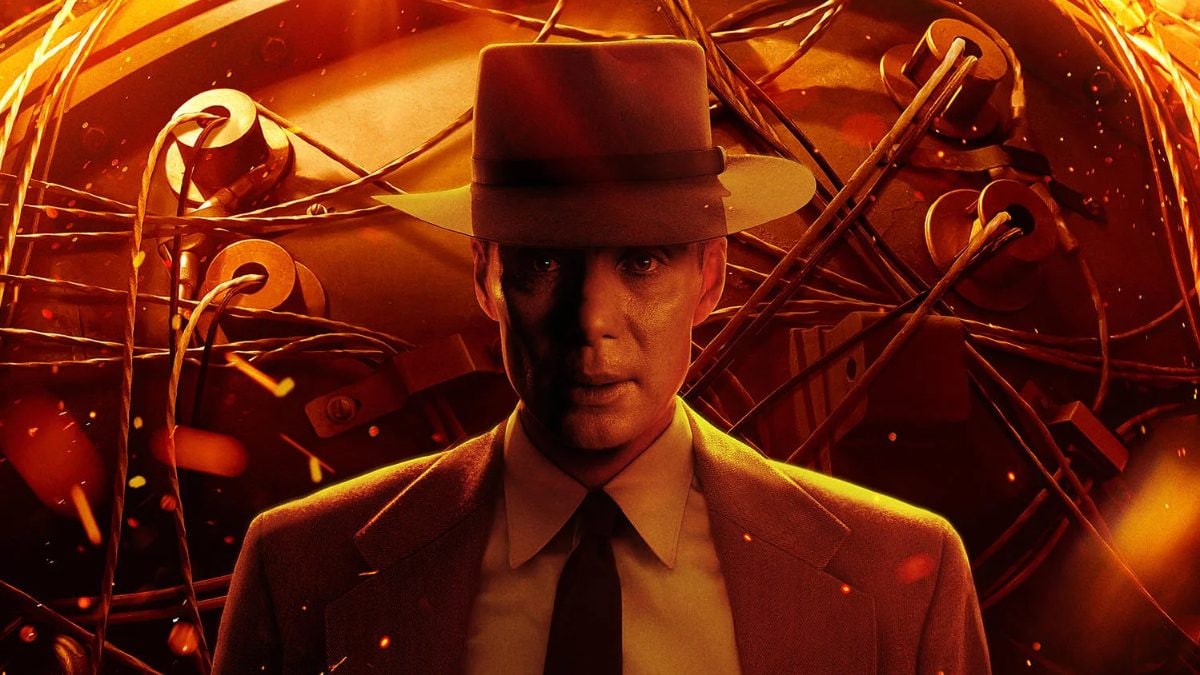
Last Updated: July 21, 2023, 00:10 IST
Oppenheimer to release on July 21.
Nolan has made the film based on a book titled American Prometheus, a 2005 biography of the physicist J. Robert Oppenheimer, who was the leader of the Manhattan Project that produced the first nuclear weapons
Two days before the release of much anticipated Christopher Nolan’s Oppenheimer, the Central Board of Film Certification (CBFC) changed the movie’s certification from ‘A’ to ‘U/A.’
The film also created buzz, as it was the first ‘R’ rated movie of Nolan in twenty years. The last one was Insomnia in 2002.
According to sources, the CBFC very cleverly cut some sexual scenes in a way that the scenes are retained, but not in an objectionable manner, according to Bollywood Hungama.
The CBFC also muted the word ‘a*****e,’ along with removing it from subtitles.
Surprisingly, a controversial scene in which Jean Tatlock, played by Florence Pugh makes Oppenheimer, played by Cillian Murphy read from Bhagavad Gita while having sex has not been removed, sources added.
‘A’ certification means, only adults above the age of 18 are allowed to watch it, as these films may contain violence, explicit sexual scenes, abusive language among others.
Whereas ‘U/A’ means that the movie contains moderate adult theme, and is not as strong in nature. These can be viewed by children below 12 years under parental guidance.
Oppenheimer releases on July 21
The story of the invention of the atomic bomb by America during World War II told in the movie “Oppenheimer” is a “warning” as the world faces the challenges posed by artificial intelligence, according to movie director Christopher Nolan.
Also Read | Who Was Oppenheimer, Lead in Christopher Nolan’s Latest Film, And How Did He Die?
Nolan has made the film based on a book titled American Prometheus, a 2005 biography of the physicist J. Robert Oppenheimer, who was the leader of the Manhattan Project that produced the first nuclear weapons.
Drawing parallels to the present, Nolan stated that the rapid advancements in artificial intelligence (AI) are raising similar concerns about the potential dangers of a technology that may become uncontrollable.
Just like in the past, there are concerns that AI could escape its creators and pose a threat to humanity, reminiscent of the anxieties raised by the advent of nuclear technology eight decades ago.















